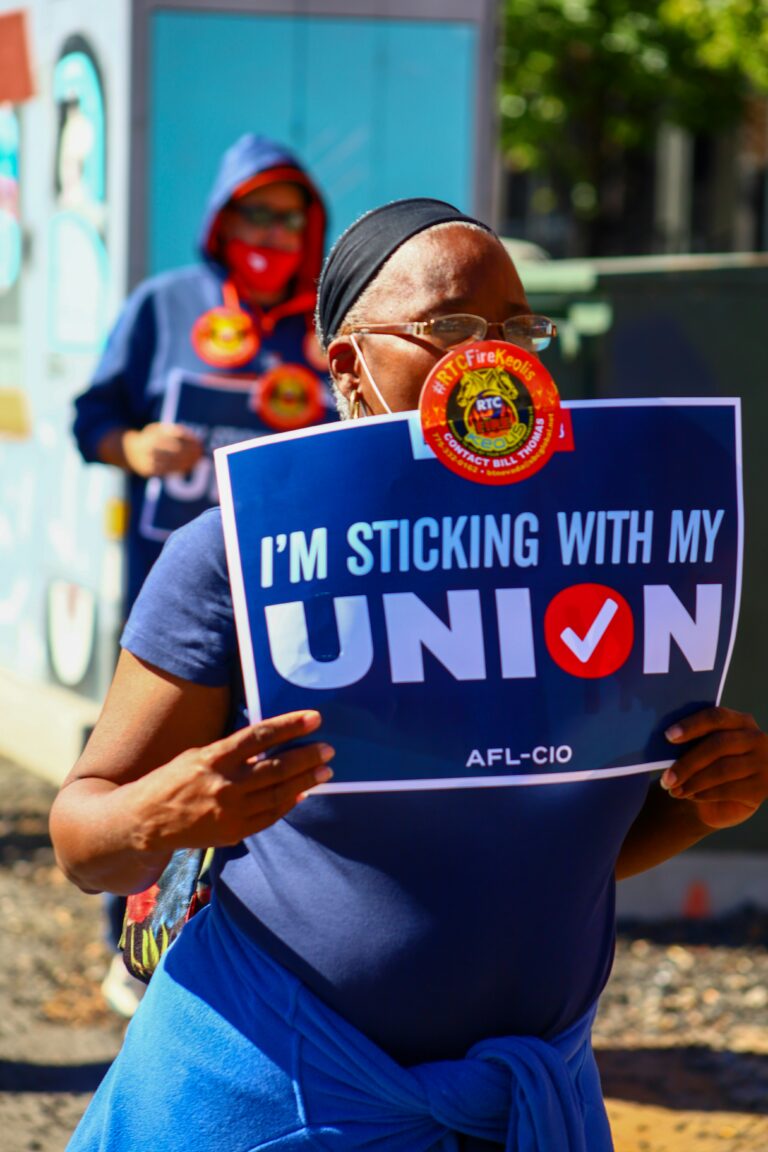
Alexandra Butler is a student at Harvard Law School.
As the pandemic continues to wreak havoc on the economy and payrolls around the nation, some businesses have turned to state short-time compensation to avoid coronavirus-related layoffs. By using a state’s short-time compensation scheme, a business can maintain its payroll by spreading work among its employees. As a result, employees receive wages from their employer, as well as state unemployment benefits to make up the difference for the reduced number of hours worked. Echoing the sentiments of economists and politicians, the New York Times reports, however, that work-sharing is under-utilized. Although it has the potential to offer a degree of stability for both employers and employees, only 26 states have implemented the program and many employers are unaware that such a program even exists. State reluctance in implementing short-time compensation can likely be attributed to the fact that such programs can be resource-intensive.
Despite its original threats, Uber and Lyft will hold off on halting its services in California. The decision comes as a result of a recent state appeals court ruling allowing the companies to temporarily continue classifying their drivers as independent contractors despite a new state law and related lower court ruling that require their drivers to be classified as employees. In addition, the court imposed an early-September deadline for proposals on how the companies will transition to an employee model should they lose their appeal of the lower court mandate. While Uber and Lyft seem satisfied with the court of appeal decision, some academics see the court’s additional requirement as a reprimand “that . . . [the companies] can’t keep burying their heads in the sand” at the expense of their drivers.
Pending final approval, a class action settlement will require PricewaterhouseCoopers LLP (PwC) to pay $11.6M to both a collective and two classes who allege that the firm engaged in age discrimination. The collective and classes of job applicants claim that the firm’s recruiting process discriminates against older applicants. Specifically, the lawsuit asserts that PwC skews its recruiting process to prefer younger applicants, as well as maintains age cut-offs for certain positions. Beyond the monetary award, the settlement will also require PwC to implement procedures to make employee recruitment more age-inclusive. Such steps include targeted outreach, an expanded nondiscrimination policy that will include age and the elimination of certain questions typically asked on applications or during interviews. In granting preliminary approval, the district court judge noted potential factual and legal shortcomings in the case so that “[t]he risk, expense, complexity and likely duration of further litigation weigh in favor of preliminary approval” of the settlement. Notably, the judge highlighted the potential for both a circuit split on whether the ADEA covers applicant disparate impact claims and a subsequent unfavorable Supreme Court resolution of the varying legal standards.
The recent firing of four Maryland Legal Aid lawyers has sparked a complaint to the National Labor Relations Board (NLRB) by the National Organization of Legal Services Workers. The complaint alleges that the nonprofit violated the National Labor Relations Act (NLRA) by retaliating against these employees for their criticism of an office reopening plan that failed to adequately protect and ensure employee health and safety. Though these lawyers are not union members, the National Organization of Legal Service Workers alleges that such firings will have widespread impact, “motivated by a desire to discourage union activity and to quash the expression of dissent more broadly.”
For some, teleworking has become the norm. As a result, employee conceptions and expectations of the workday have changed. As part of its series, Out of Office: A Survey of Our New Work Lives, the New York Times conducted a survey that gauged the success of a work from home format. The results weighed in favor of teleworking: 86% of employees surveyed reported that “they were satisfied working from home” and only 20% were willing to return to full-time, in-person office work. While many employees noted that their stress levels have decreased, the survey revealed the extent to which balancing work life with child care and other home responsibilities continues to be difficult. As Randon reported on Monday, some employers are taking steps to lighten this load as the remote school year begins by offering subsidized “school-day supervision” and tutoring.






Daily News & Commentary
Start your day with our roundup of the latest labor developments. See all
October 24
Amazon Labor Union intervenes in NYS PERB lawsuit; a union engages in shareholder activism; and Meta lays off hundreds of risk auditing workers.
October 23
Ninth Circuit reaffirms Thryv remedies; unions oppose Elon Musk pay package; more federal workers protected from shutdown-related layoffs.
October 22
Broadway actors and producers reach a tentative labor agreement; workers at four major concert venues in Washington D.C. launch efforts to unionize; and Walmart pauses offers to job candidates requiring H-1B visas.
October 21
Some workers are exempt from Trump’s new $100,000 H1-B visa fee; Amazon driver alleges the EEOC violated mandate by dropping a disparate-impact investigation; Eighth Circuit revived bank employee’s First Amendment retaliation claims over school mask-mandate.
October 20
Supreme Court won't review SpaceX decision, courts uphold worker-friendly interpretation of EFAA, EEOC focuses on opioid-related discrimination.
October 19
DOL issues a new wage rule for H-2A workers, Gov. Newsom vetoes a bill that regulates employers’ use of AI, and Broadway workers and management reach a tentative deal